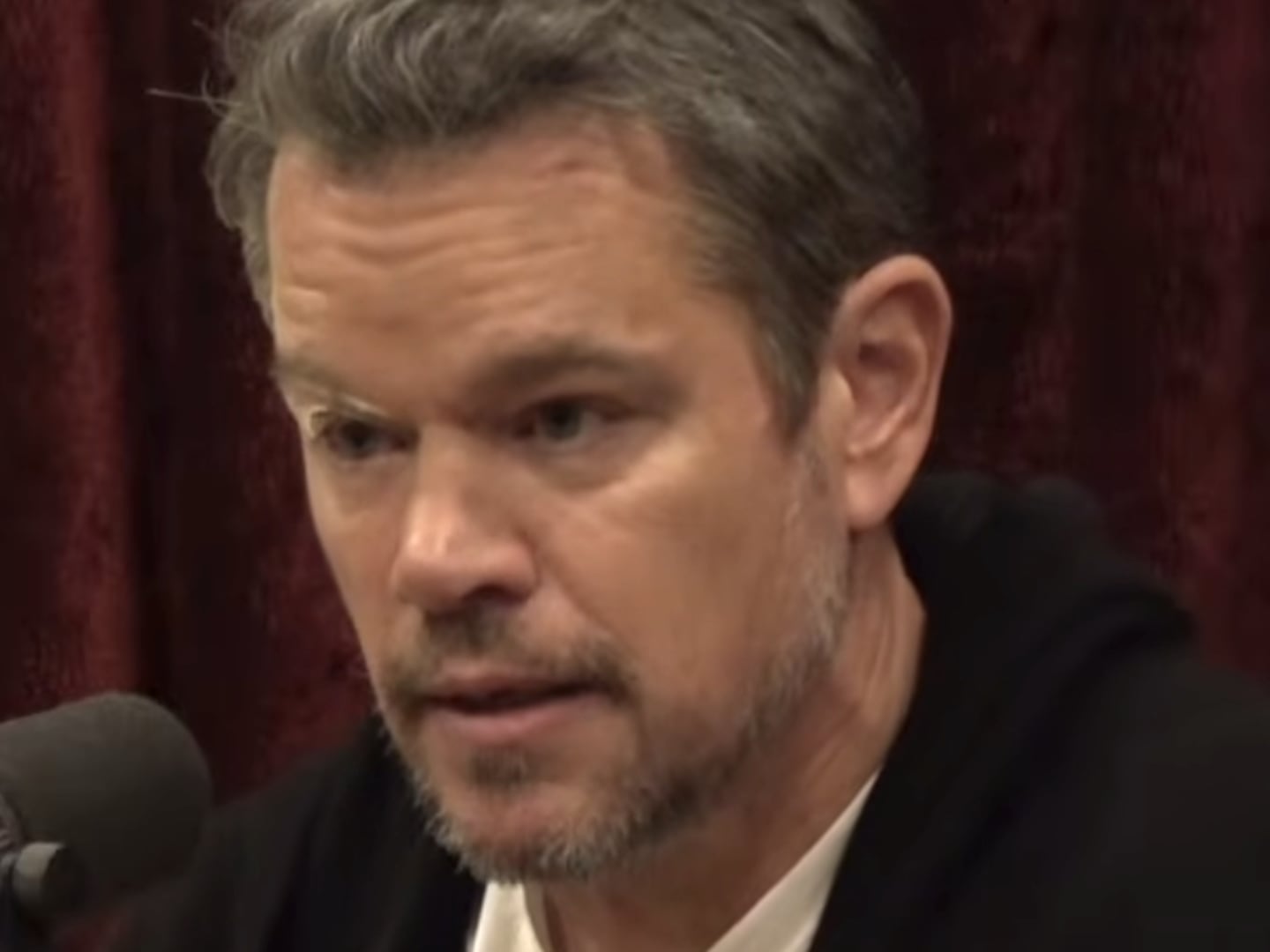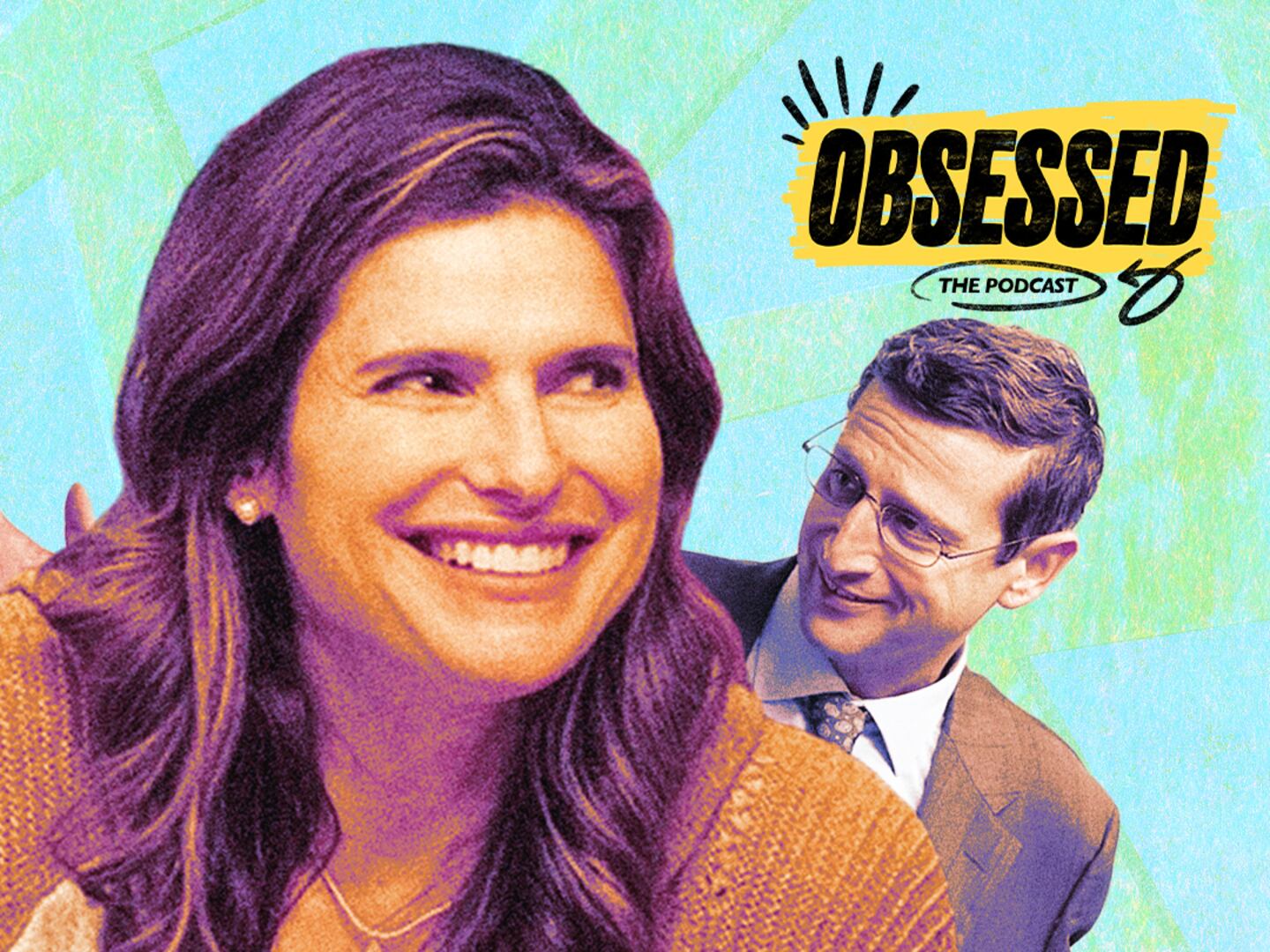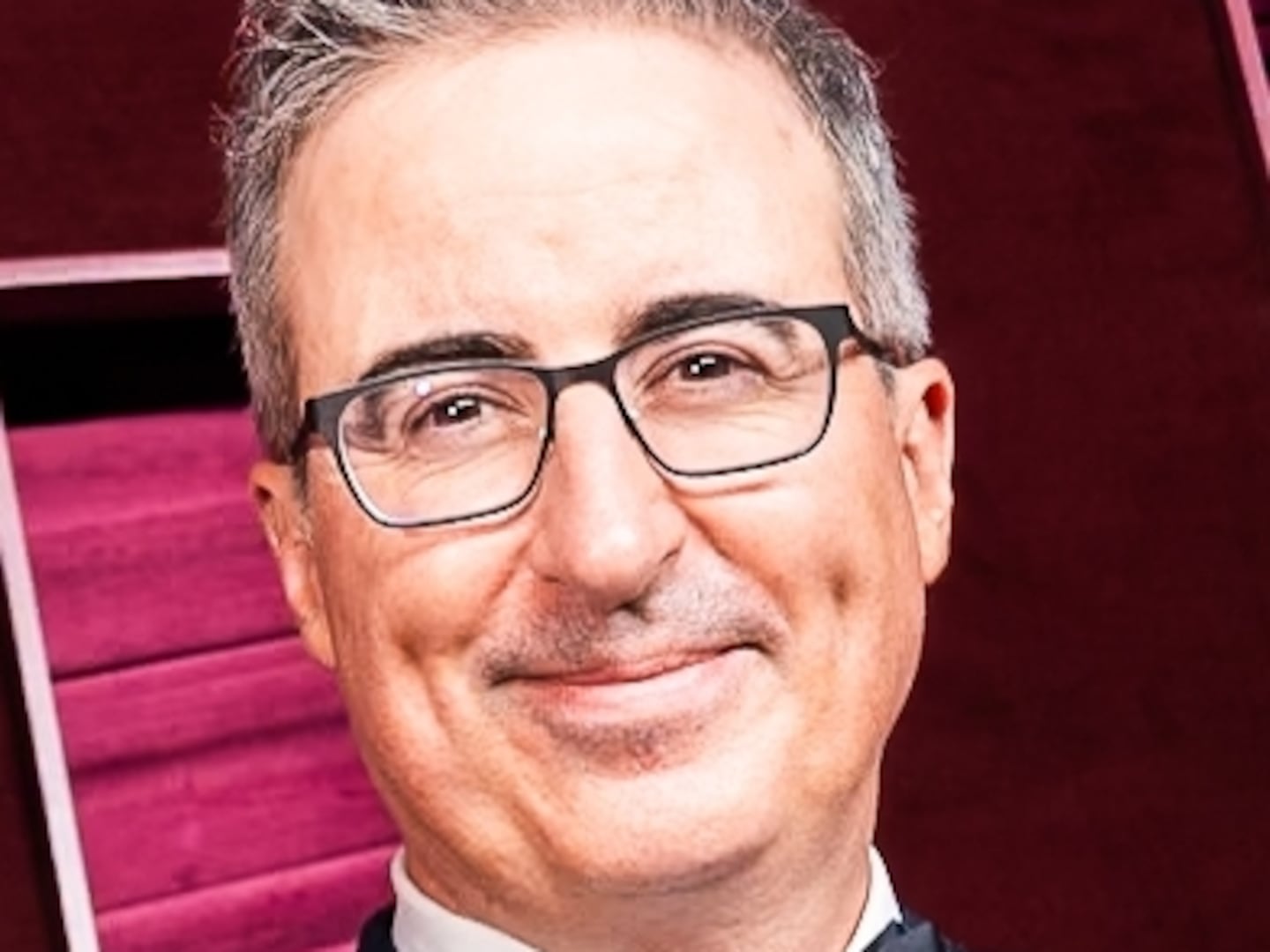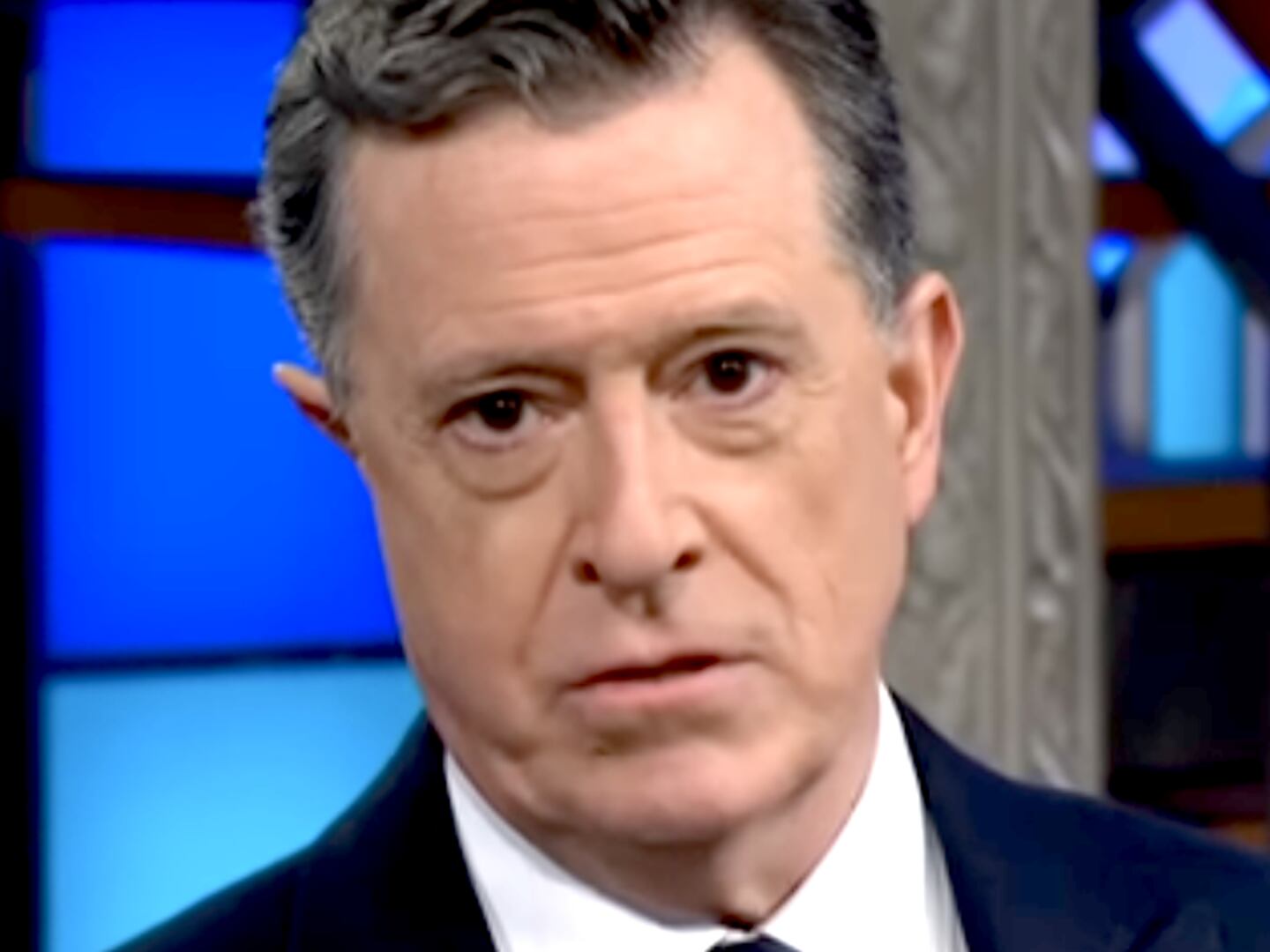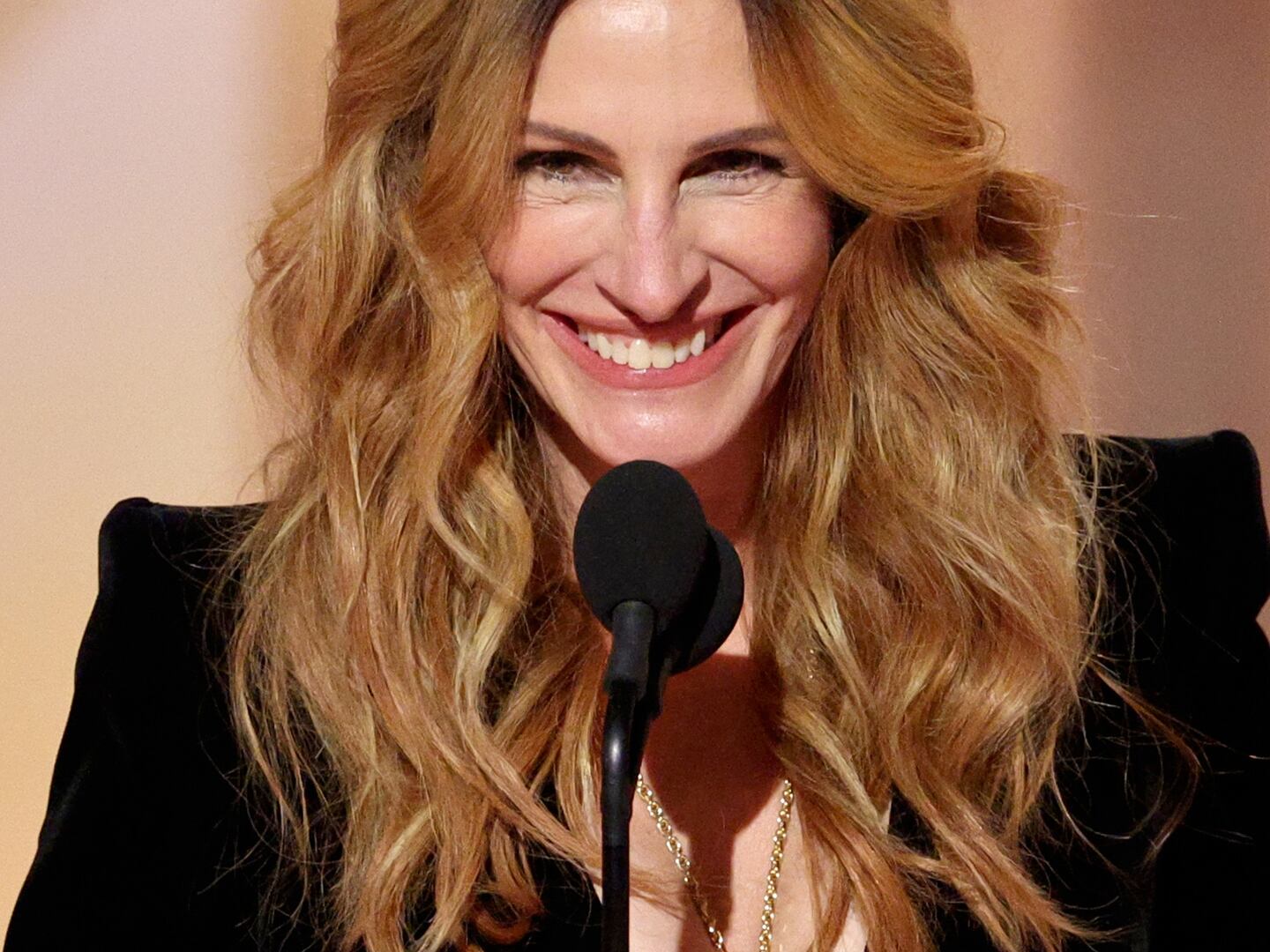A Charlie Day performance might be characterized by a triumphant sort of chaos.
Day co-created and co-stars in It’s Always Sunny in Philadelphia, which, throughout its journey to becoming the longest-running live-action comedy series in television history, has seen his character, Charlie, concoct a number of harebrained schemes and misguided hijinks. He’d stumble through every bad decision and inevitable mishap like an acrobatic clown, who’s turned the streets of Philly into his own circus—yet somehow always managing to emerge (mostly) unscathed.
In movies like Horrible Bosses, he’s the human version of a blown gasket, steaming and whistling, while trying to plot the murder of his sexually harassing boss—and then shield himself from the shrapnel, when the plan inevitably blows up in his face.
Then there’s something like The Super Mario Bros. Movie, which has grossed over $1 billion worldwide and broken several box-office records. Day voices Luigi, surviving a level-by-level gauntlet of challenges all leading to a face-off against the big villain.

Little did Day and I know that we’d be on a similar journey, dodging the maelstrom of mayhem surrounding a certain other Big Bad, while on our way to meet for coffee.
The midtown Manhattan hotel where we meet to discuss Day’s various current projects happens to be adjacent to Trump Tower, and it happens to be just hours after Donald Trump was indicted for his role in paying hush money to a porn star. Arriving at the hotel restaurant required maneuvering around dozens of camera crews, juking with tourists and protestors that had flooded the sidewalks, and navigating a maze of police barricades.
“Oh, I picked the worst place!” Day wails, apologetically, when we finally sit down. Trump had just appeared in a lower Manhattan court, so it was slightly baffling that the crowds were this intense uptown. “They’re waiting in case he comes up here and does something fun,” Day says. “Does a cartwheel up front or lights some fireworks.”
It isn’t just Indictment Day, however. It’s also the day before Super Mario Bros. Movie would hit theaters, rocket-launching toward its mammoth box-office haul. There are still episodes of the upcoming 16th season of It’s Always Sunny to finish editing work on, ahead of its June premiere date, and—the main reason we’re meeting—it is about a month until Day finally releases his most personal project yet. After 10 years of work, the film he wrote, directed, and stars in, Fool’s Paradise, hits theaters May 12.
In his “early days,” Day says, he would have used a trip to New York as an excuse to blow off steam, amid such a busy schedule. He’d have met a friend for dinner. They’d have too many beers. He’d wake up too tired to properly function. “I’m not getting better about choosing which hotel to stay in, depending on which president is getting indicted,” he says. “But I am getting better at managing my time.”
It helps that the trio of projects that he’s working on are each meaningful to him in different ways.
Day and his friends, Rob McElhenny and Glenn Howerton, created It’s Always Sunny in 2005, to give themselves the kind of character and acting showcase that the industry wasn’t. The show launched his career, enabling him to live in Los Angeles to raise a family and take on other projects. That it’s now a record-breaking sitcom is “surreal”—and takes a lot of work.
“Obviously, there comes a point in time where you realize you stuck with something for so long that it will be what you're remembered for,” he says. “But I'm happy that that's what I'll be remembered for. Because I'm so proud of the show.”
While It’s Always Sunny and many of his other projects have been intentional pivots in his career, an offer to voice Luigi in The Super Mario Bros. Movie is something he admits “caught me by surprise.”
He’d done voice acting in big animated films before, like The Lego Movie, and Day figured that he knew what to expect from the experience. But the scale of the project and the reaction to it is something that “I don’t think I put an appropriate amount of thought into,” he says.
We trade stories of our own foundational memories with the original Mario game: His sister was always better than him at it (Day was more of a Zelda guy), and I remember watching my grandmother, of all people, beating it.
“It just dawned on me what a therapeutic thing video games are for people,” he says, of getting involved in Super Mario, “[I’m] seeing it even in my own [11-year-old] son's eyes. How do you deal with school and social pressures? You can escape in a game for a few hours. And people did that with Mario and Luigi, so they cared deeply about it.
“The flip side of that is, for me, it’s really exciting to be a part of something that people care so much about,” he continues. “I’ve never been in Star Wars or a Marvel movie, so I've never really been at that ground zero of fandom. I, of course, feel as though the Sunny fan is as passionate as the Star Wars fan about Sunny.”

Then there’s the third project he’s preparing for, the one that’s taken over a decade to bring to fruition. Fool’s Paradise is about an unassuming, almost completely silent man called Latte Pronto, who is thrust into the Hollywood spotlight. An ambitious publicist, played by Ken Jeong, sees the opportunity to turn Latte into a star, despite his obvious lack of “It” factor. Unbelievably, it works, as Latte silently reacts to a madcap industry that takes advantage of him and idolizes him in equal measure; he haplessly goes along for the ride.
“I wanted to create a vehicle for myself, which is sort of what It's Always Sunny in Philadelphia was: What am I going to do, sit and wait for the phone to ring and hope that I get casted in the type of television series I want to be in, or just make it myself?” he says. “This movie is sort of in the same playbook, in that regard. And then sometimes the phone rings and they say, ‘Do you want to be Luigi?’ And that’s fun, too.”
It’s All Thanks to Guillermo del Toro…and Mountain Dew
Like the best of us, Charlie Day gets emotional when talking about how much Guillermo del Toro means to him.
The Oscar-winning director played a pivotal role in saving Fool’s Paradise, when, after approaching a decade of work, the movie was just not what Day wanted it to be.
“It's almost choking me up to think about it, because I look up to him so much as a filmmaker,” Days says, recounting what del Toro brought to the film. “And getting to work with him on Pacific Rim, I just fell in love with him as a human being. The fact that he was willing to invest that time…”
The initial script process, Day estimates, took about five years, during which he would tinker with the pages when time allowed, in between other projects. That five more years passed between the first time cameras rolled and the film’s upcoming release “was an excruciatingly long amount of time.” It involved going back for expensive, almost unheard of reshoots—27 new pages of script that fundamentally changed the film—and was made possible by the generosity of del Toro and, in a strange twist, the bank account of Mountain Dew.
Initially, Day had wanted to make his own version of Being There, Hal Ashby and Jerzy Kosiński’s seminal 1979 satire. In the end, he realized that he had essentially just remade Being There. But, looking back, he also recognized something poignant and special about Jeong’s performance in the original shoot. He decided to hold the film instead of releasing it and rework the screenplay to center Jeong’s character, infusing it with more elements inspired by works like Broadway Danny Rose and Death of a Salesman.
Day and del Toro became friends after they worked together on 2013’s Pacific Rim; the director has even appeared as a guest star on It’s Always Sunny. “He’s my only auteur friend,” Day clarifies, should anyone think he’s become too highbrow. While Day was considering doing this fairly extensive rewrite—which would then require a fairly expensive reshoot—“Guillermo was the one who pushed me to do it, who told me to put my money where my mouth is.”
During his award-season press tour for Nightmare Alley in 2021, del Toro looked over the rewrites and gave Day notes. “It meant a lot to me,” Day says, especially as not everyone he talked to had the same advice, to follow his creative instinct. One “very successful writer friend” told him in a pragmatic, not dismissive, way, that “half your movie works. Chalk it up to a good first try, and move on with your life.”
It wasn’t bad guidance. In fact, Day says, this friend was probably right. “To do what I did required a lot of work, and there’s no guarantee. In fact, statistically, odds are that the movie won't be a big box office smash. People don't go to the theaters to see things that aren't Super Mario Bros. But I got to make the movie the way that I knew it could be right. And that, to me, was invaluable.”

Well, not totally invaluable. Reshooting 27 pages of an already completed film costs money. A lot of it. And, because this was a movie made outside of the studio system—and Day’s baby—that meant the cash was coming from his pockets. “I was willing to fund a chunk of the reshoot, because I just got an offer from Mountain Dew to do a bunch of commercials. I said yes to Mountain Dew, so that I could pay my cast and crew. And I gave everyone a raise [for] coming back.
“I understand if you're maybe reading this article, and you're in film school, you don't have that luxury,” he adds, laughing. “And by God, I hope I never have to do it again that way. In fact, I never would.”
Still, it all boils down to opportunity, as so much of his career has. When was anyone else going to give him the chance to play a largely silent character, in a film like this?
“[Someone notices that] you can play a nervous, put-upon guy, because you did it in Horrible Bosses,” he says. “Well, Hollywood has a tendency to go on to ‘copy and paste,’ right? So they say, ‘OK, well, Luigi is nervous ,and he's put-upon, so you can do that. And I'm happy to. I don't want to quit my day job.
But that archetype is not how Day sees himself. “On It's Always Sunny, I don't feel as though my character is quite that. He’s more extreme and explosive,” he says. “But, you know, chances are I’m not going to be your first thought for a heavy drama. I’m not going to be studios’ first thought for an action film. I’m not going to be their first thought for a silent character. But I might have an itch to do that, and I think I have some ability to create that for myself. So why not do it?”
There was certainly chaos in the making Fool’s Paradise. But in the end, he got to, in classic Charlie Day fashion, have his triumph.
Keep obsessing! Sign up for the Daily Beast’s Obsessed newsletter and follow us on Facebook, Twitter, Instagram and TikTok.


